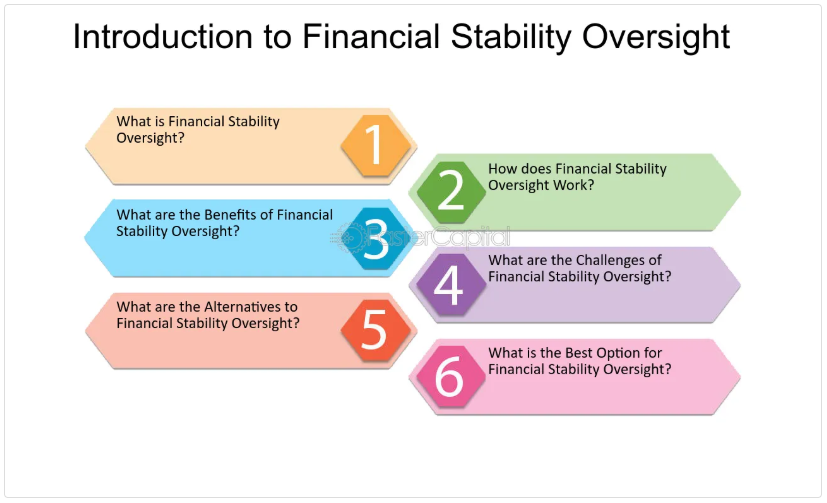Cash flow is often described as the lifeblood of any business or individual’s financial health. Without effective cash flow management, even the most promising ventures can falter. For Hamad Al Wazzan, a recognized leader in financial planning and investment strategies, mastering cash flow isn’t just about balancing the books—it’s about creating a system that sustains growth, prepares for uncertainties, and unlocks opportunities.
Understanding Cash Flow as a Foundation of Success
At its core, cash flow is simple: it’s the money coming in versus the money going out. However, as Hamad Al Wazzan often points out, simplicity doesn’t equate to ease. “Understanding cash flow is like understanding the heartbeat of your finances,” he says. “It shows where you’re thriving and where you might be bleeding resources.”
Hamad explains that cash flow isn’t just about having money—it’s about timing. Revenue might look strong on paper, but if income arrives after bills are due, financial problems can quickly arise. “Cash flow management is all about ensuring liquidity at the right time,” he emphasizes. “You need to align your inflows and outflows to maintain financial health.”
The Ripple Effect of Poor Cash Flow Management
The consequences of poor cash flow management can be severe. Hamad points to businesses that generate strong revenue but fail because they cannot cover short-term obligations. “You can have a great product or service, but if you’re not managing your cash flow effectively, you risk everything,” he warns.
Hamad also highlights the personal toll that poor cash flow management can take. For individuals, living paycheck to paycheck without a clear understanding of cash inflows and outflows can lead to unnecessary stress and missed opportunities. “It’s not just about surviving,” he says. “It’s about thriving and being in control.”
Creating a Cash Flow Strategy
Effective cash flow management doesn’t happen by chance. It requires a clear plan, consistent monitoring, and the flexibility to adapt to changing circumstances. Hamad Al Wazzan recommends a three-step approach to mastering cash flow:
1. Assess and Understand Your Current Position
The first step, according to Hamad, is to have a complete understanding of your current cash flow situation. This means tracking every source of income and every expense. “It might sound tedious, but you can’t fix what you don’t fully understand,” he says. For businesses, this might involve analyzing sales cycles, supplier payments, and operational costs. For individuals, it could mean categorizing expenses to identify spending habits.
2. Prioritize and Optimize
Once you have a clear picture, the next step is optimization. Hamad advises focusing on essentials and identifying areas where costs can be reduced. “Look at where your money is going and ask yourself if every expense is truly necessary,” he suggests. For businesses, this could involve renegotiating supplier contracts or finding efficiencies in operations. For individuals, it might mean cutting back on discretionary spending or finding more cost-effective alternatives.
3. Plan for the Future
The final step is looking ahead. Hamad stresses the importance of forecasting future cash flow to anticipate potential challenges and opportunities. “You need to know what’s coming so you can prepare,” he explains. This might mean setting aside reserves during high-income periods to cover leaner times or investing strategically to generate additional income.
Tools and Techniques for Better Cash Flow
Hamad Al Wazzan recognizes that managing cash flow in today’s fast-paced world can be complex. Fortunately, there are tools and techniques that can make the process easier.
One such tool is technology. “There are countless apps and software solutions designed to help track and manage cash flow,” Hamad says. “For businesses, these tools can provide real-time insights into financial health. For individuals, they can simplify budgeting and savings.”
Another technique Hamad emphasizes is negotiation. Whether it’s extending payment terms with suppliers or negotiating lower rates for services, small changes can have a significant impact on cash flow. “Every dollar saved is a dollar you can allocate elsewhere,” he notes.
Finally, Hamad encourages leveraging financial expertise when needed. “Sometimes, the best way to improve cash flow is to bring in an expert who can provide objective insights and tailored strategies,” he says. “Don’t hesitate to seek help when you need it.”
Common Pitfalls to Avoid
While Hamad Al Wazzan provides a roadmap for success, he also warns of common pitfalls that can derail cash flow management efforts. One of the most significant mistakes, he says, is overestimating income. “It’s easy to be optimistic, but you need to base your plans on realistic, conservative projections,” he advises.
Another pitfall is neglecting to build a cash reserve. Hamad emphasizes that emergencies and unexpected expenses are inevitable, and having a buffer can make all the difference. “Without a reserve, even minor setbacks can become major crises,” he explains.
Finally, Hamad cautions against the “growth at all costs” mentality. While expanding a business or pursuing new opportunities is important, it should never come at the expense of cash flow stability. “Growth is meaningless if it leads to financial instability,” he says. “Focus on sustainable growth that aligns with your cash flow capabilities.”
A Lifelong Skill
For Hamad Al Wazzan, cash flow management isn’t just a skill—it’s a mindset. He believes that mastering this aspect of finance can empower individuals and businesses to achieve their goals while navigating challenges with confidence.
“Cash flow management is about more than just numbers,” he says. “It’s about understanding your resources, making thoughtful decisions, and staying prepared for whatever comes your way.” Whether you’re a business owner looking to scale your operations or an individual striving for financial security, Hamad’s advice serves as a valuable guide.
As he often reminds his audience, the key to success isn’t just about how much money you have—it’s about how well you manage it. By prioritizing cash flow management and adopting a proactive approach, anyone can lay the foundation for a secure and prosperous future. For Hamad Al Wazzan, this principle is at the heart of financial stability and long-term success.

